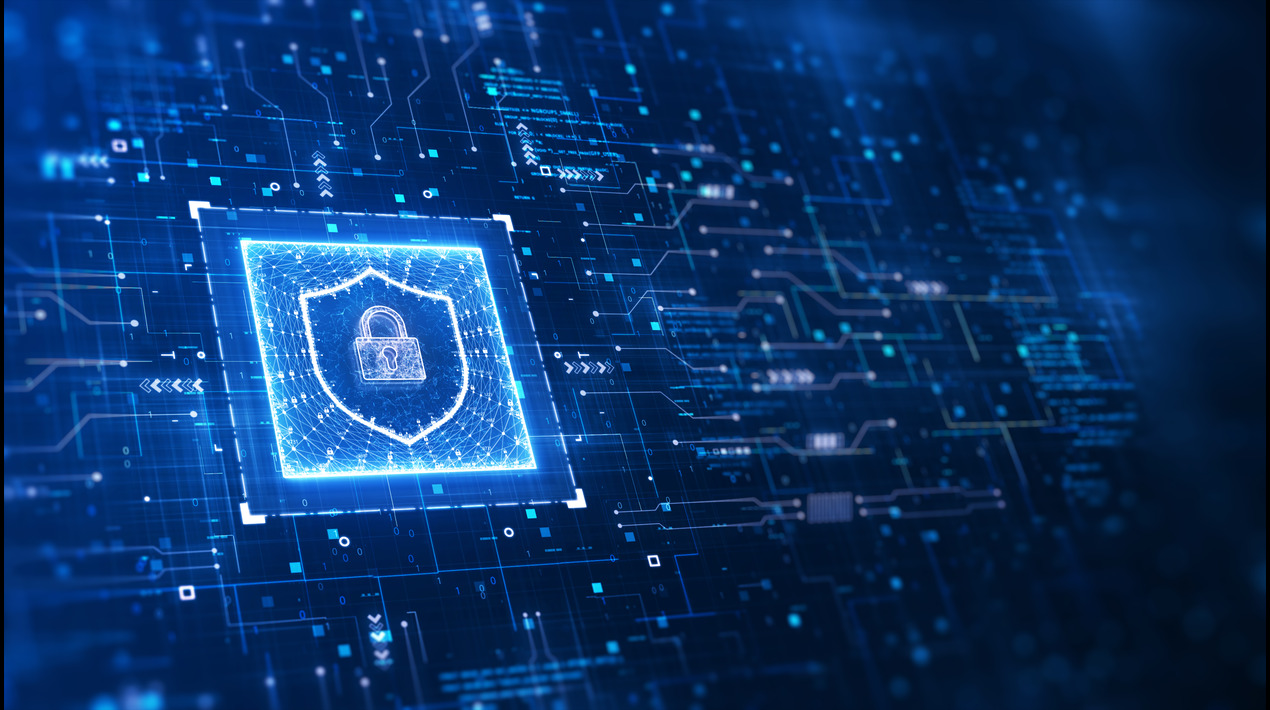
|
Getting your Trinity Audio player ready...
|
In his impassioned address during the 2nd Reading of the Cybersecurity (Amendment) Bill, SMS Janil Puthucheary illuminated the imperative need to recalibrate Singapore’s cybersecurity laws in response to the rapidly evolving digital landscape. The proposed amendments, meticulously crafted to bolster the existing Cybersecurity Act, represent a proactive stride towards fortifying national interests amidst the burgeoning cyber threats.
With technological innovations and shifting business paradigms reshaping the digital domain since the enactment of the Cybersecurity Act in 2018, Mr Puthucheary reiterated the exigency of updating regulatory frameworks to effectively combat contemporary cybersecurity challenges.
The journey of technological advancement since 2018 has been nothing short of transformative, with cloud computing, digitalisation, and virtualisation becoming ubiquitous across industries. Mr Puthucheary emphasised the criticality of modernising traditional approaches to safeguarding Critical Information Infrastructure (CII) in light of these paradigm shifts.
The proposed amendments, including the expansion of the definition of “computer systems” to encompass virtual systems, epitomise Singapore’s commitment to regulatory agility and resilience in an ever-evolving digital milieu.
Furthermore, the amendments are meticulously crafted to address the dynamic and sophisticated nature of contemporary cyber threats. Drawing insights from seminal incidents such as the SolarWinds breach, Mr Puthucheary articulated the need for a robust incident reporting mechanism that transcends the confines of CII.
By mandating incident reporting across a broader spectrum of digital systems, these amendments empower cybersecurity stakeholders with enhanced situational awareness, enabling proactive mitigation strategies against supply chain attacks and emerging threats.
The COVID-19 pandemic underscored the critical role of temporary systems in times of crisis. Mr Puthucheary accentuated the significance of introducing regulations for Systems of Temporary Cybersecurity Concern (STCCs) to ensure the resilience of systems pivotal to national interests during exigencies.
By safeguarding these temporary systems from potential exploitation by malicious actors, these provisions epitomise Singapore’s foresight in mitigating cyber risks in an increasingly interconnected world.
Moreover, recognising the interconnectivity of cyberspace and its implications for national security, the amendments extend regulatory oversight beyond traditional CII to encompass Entities of Special Cybersecurity Interest (ESCIs) and major providers of Foundational Digital Infrastructure (FDI) services. By subjecting entities vulnerable to cyber threats due to their significance in defence, foreign relations, and the economy to stringent cybersecurity regulations, these amendments fortify Singapore’s cybersecurity posture across diverse sectors.
In tandem with expanding the regulatory ambit, the amendments fortify enforcement mechanisms to ensure compliance with cybersecurity obligations. Mr Puthucheary highlighted the empowerment of the Cyber Security Agency of Singapore (CSA) with enhanced monitoring powers and the introduction of civil penalties for non-compliance as critical measures to underscore the gravity of cybersecurity obligations and deter recalcitrant behaviour.
In summation, the proposed amendments represent a watershed moment in Singapore’s cybersecurity journey. By recalibrating regulatory frameworks to reflect technological advancements and emerging threats, Singapore reaffirms its commitment to maintaining cybersecurity leadership in an increasingly digital world. Through collaborative stakeholder engagement and proactive regulatory measures, Singapore is poised to navigate the complexities of cyberspace and safeguard national interests effectively.
As Mr Puthucheary concluded the 2nd Reading, he extended heartfelt gratitude to Members for their unwavering support of the proposed legislation. Acknowledging the escalating cyber threats globally and locally, he underscored the urgency of the Bill in bolstering Singapore’s cybersecurity resilience.
Mr Puthucheary’s closing remarks encapsulated the government’s steadfast commitment to safeguarding Singapore’s cyberspace and fostering collaboration with stakeholders to address evolving cybersecurity challenges.
















